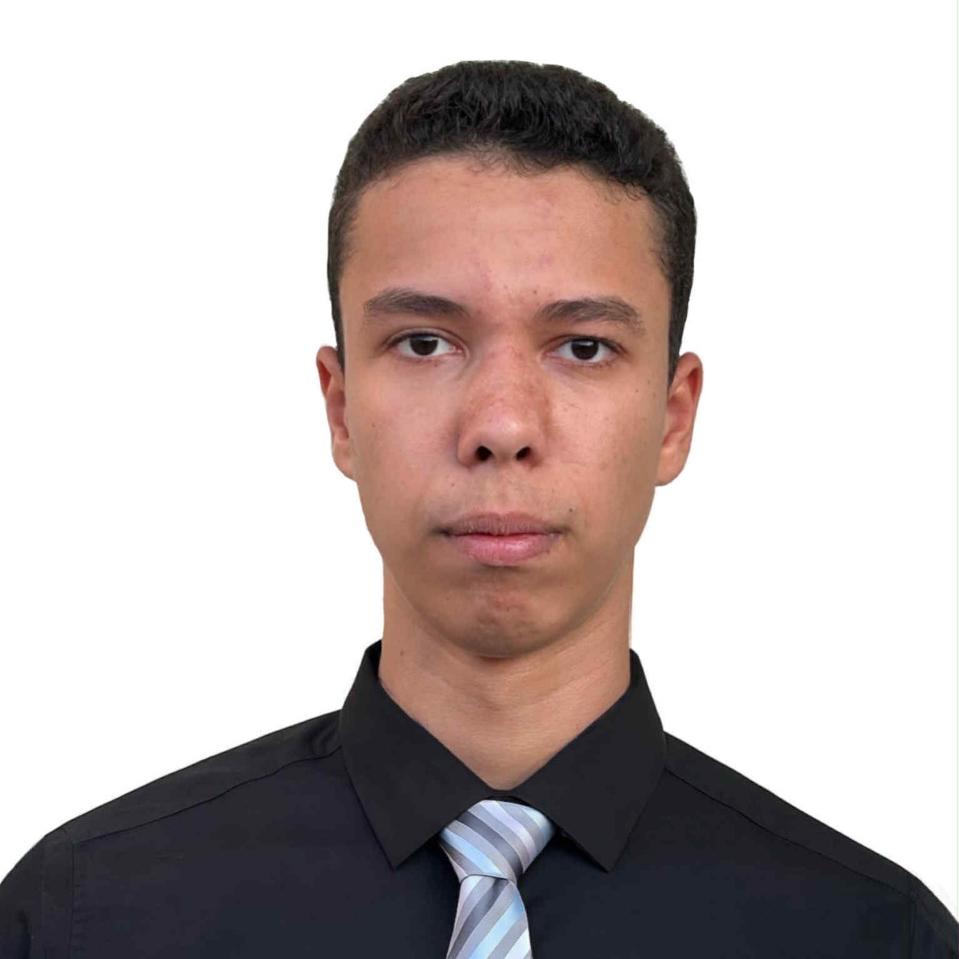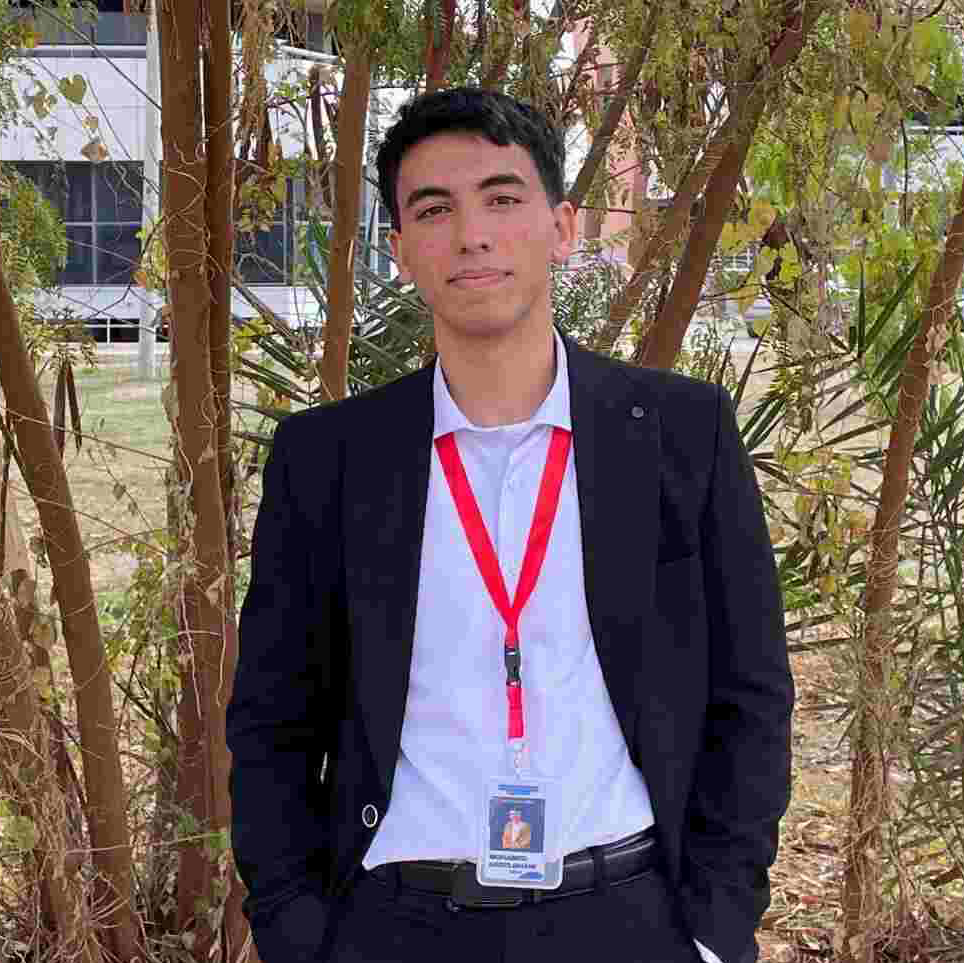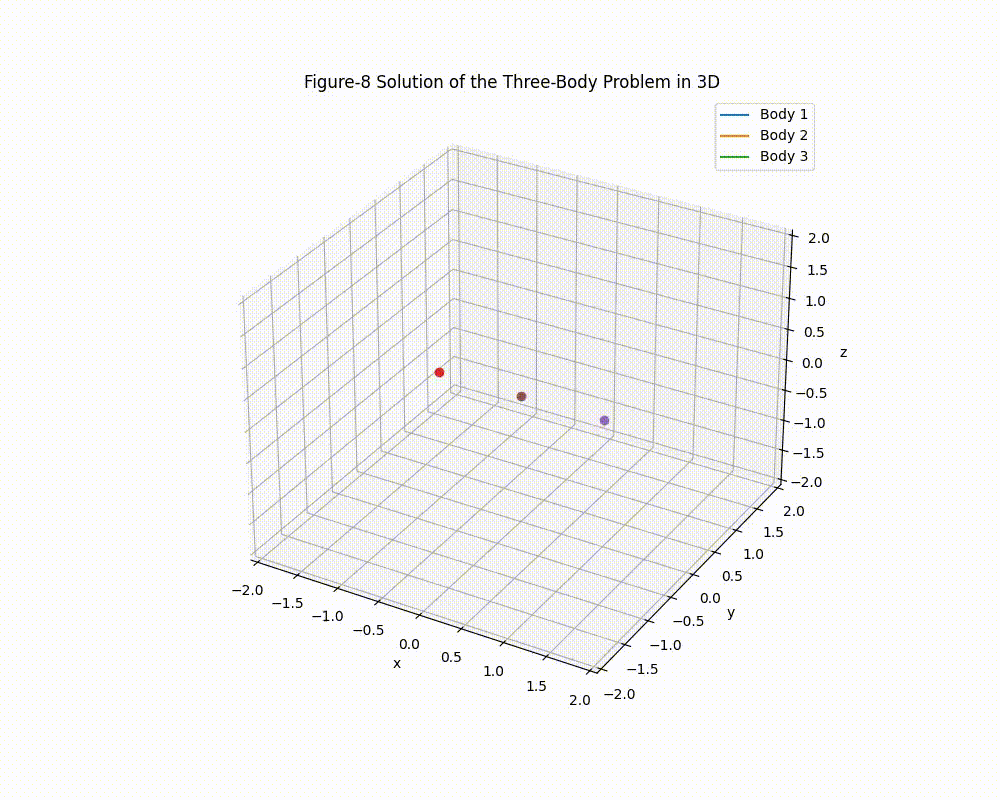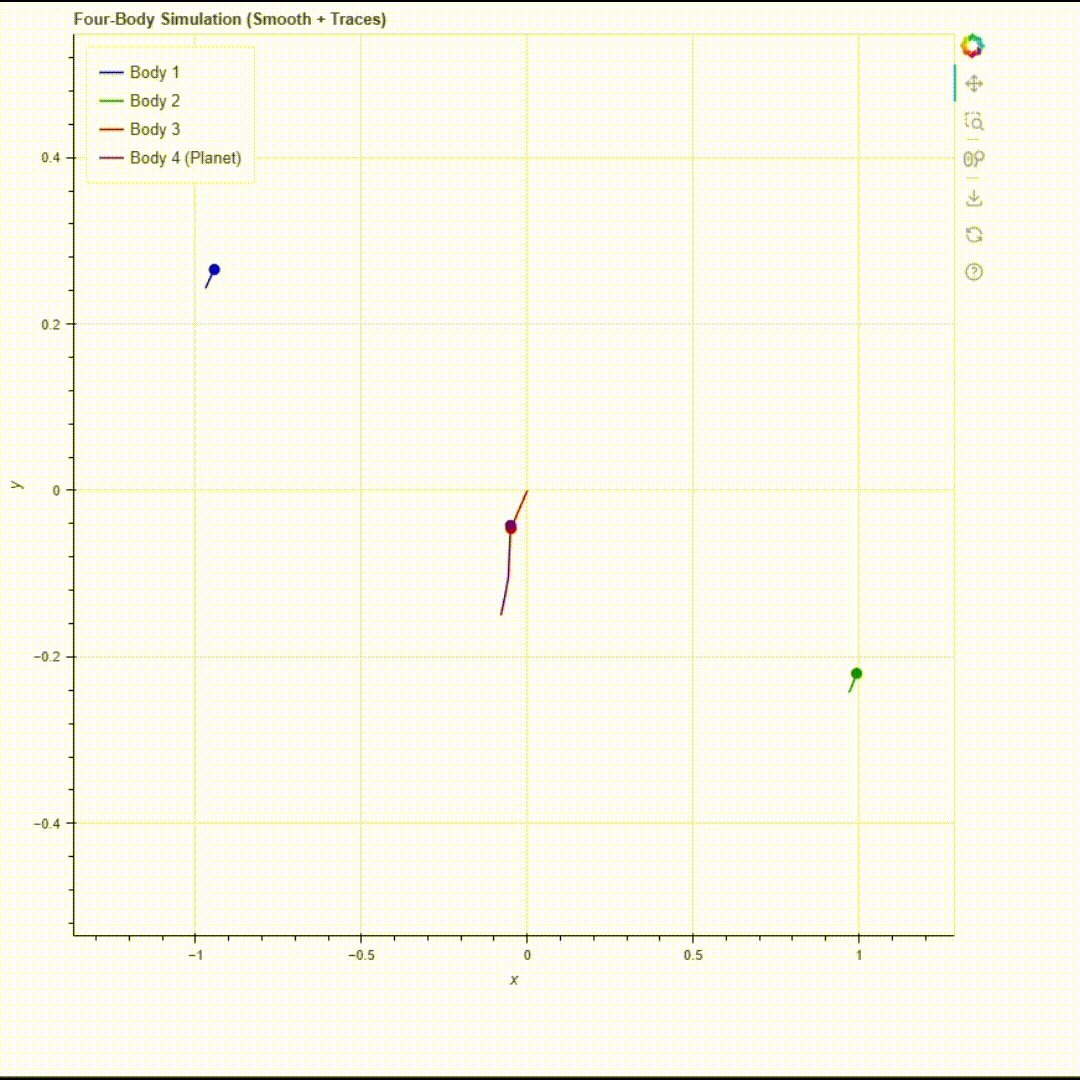WHat is COMPASS ?
A Computational Physics Training Program
COMPASS guides you through a four-part journey in computational physics, beginning with the fundamentals of calculus and Python-based N-body simulations, moving into statistical mechanics and Monte Carlo explorations of magnetism, then diving into thermodynamics and molecular modeling, and finally challenging you to synthesize your new skills in a hands-on research project. Along the way, you’ll become fluent in numeric methods—from differential equations and optimization to data analysis—so you can turn complex physical theories into real-world simulations and insights, with top projects featured in the Physics Club’s journal.
COMPASS TIMELINE
COMPASS is structured into three main sections, each lasting approximately two weeks. At the end of each section, participants collaborate on a mini-project. The program concludes with the submission of a final research paper.
Best Project in COMPASS 2024
Team Members

Ziad Abu Shanab

Ahmed Saif-Eldeen

Mohamed Ibrahim
Ahmed Abd El-Hamid, Mohamed Abdelghani, and Ziad Abu Shanab explore the stability of the zero-angular-momentum figure-eight solution in the three-body problem when a fourth body is introduced. Their study investigates how variations in the fourth body's mass, velocity, and position affect the system's gravitational binding and long-term orbital stability, contributing to celestial mechanics.

Project Video

The study found that the figure-eight dance can keep going with a fourth object, but only if everything is just right. For example, when the newcomer is super light (with a weight of 0.001), moves at a specific speed (0.1414213), and starts from the perfect spot (0.17), the whole system stays stable for over 1000 loops. These results show how even tiny changes can make or break the pattern, offering a fresh look at the hidden rules of gravity’s pull.
FAQ
Some frequently asked questions
Background knowledge of coding, calculus, and general physics, preferably Python.
3 months on 3 sections and a final project
The program is open to all Egyptian high school students (Grade 10-Grade 12), as long as you meet the prerequisites.
We'll stop receiving applications by July 29th 2025.
Yes, to apply what you've learned. 2-member teams will work on solving a computational physics problem, documenting their progress, methodology, and results in the form of a research paper.
- A stable internet connection to attend regular online sessions
- Access to a laptop/computer with any IDE (VS Code, Google Collab, etc

